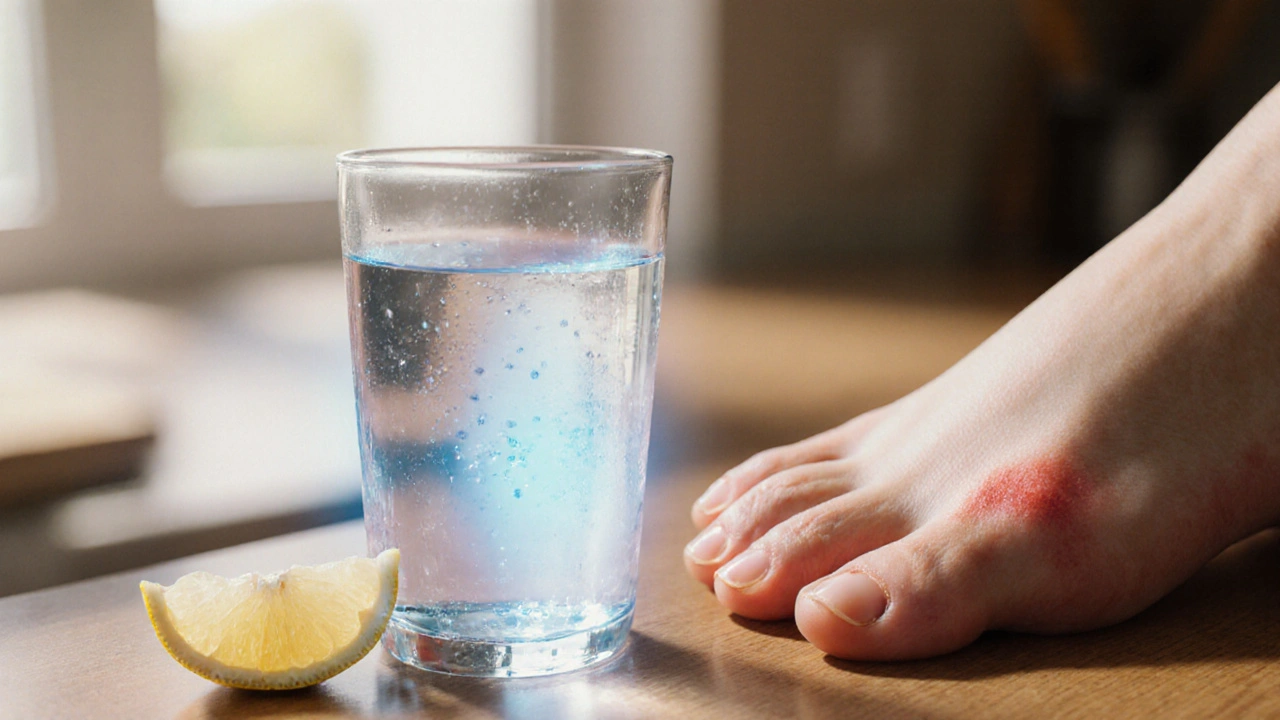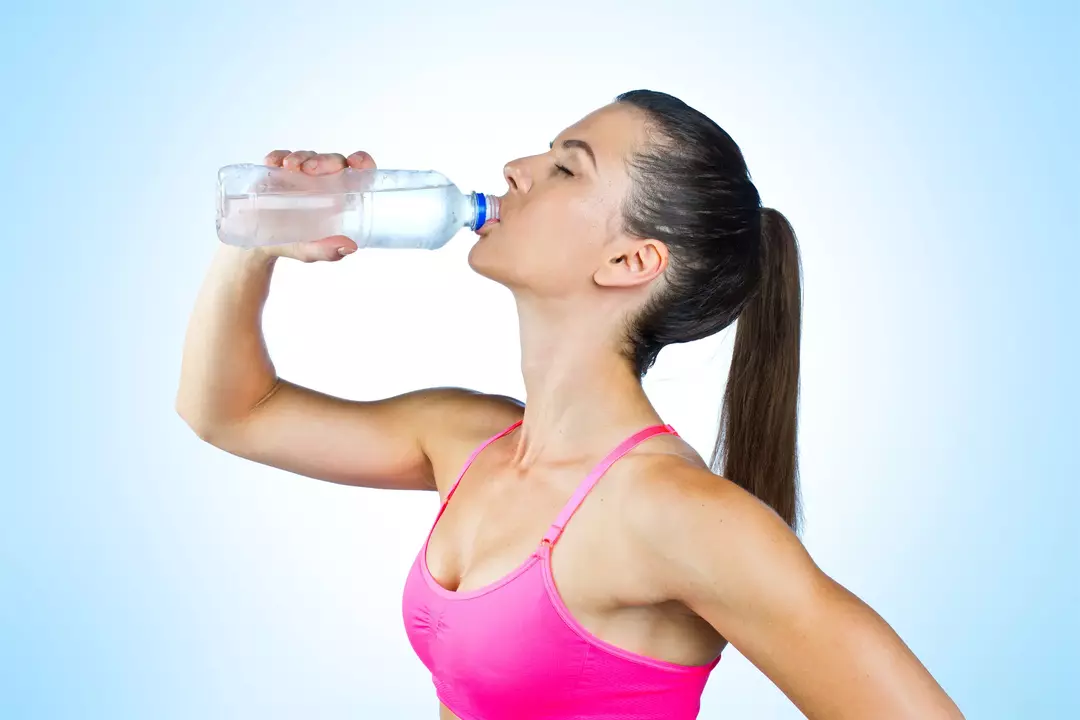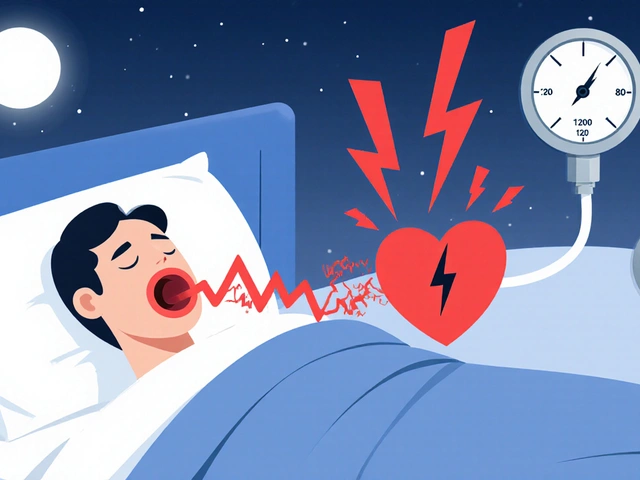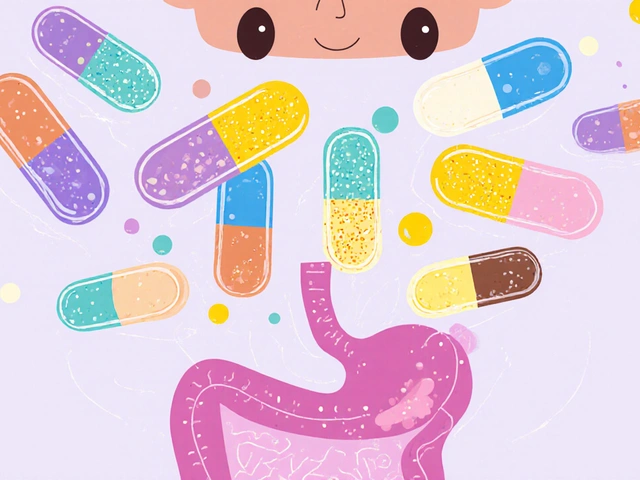Water Intake: How Much to Drink, When to Sip, and Why It Matters
Did you know thirst is a late warning sign? By the time you feel thirsty, you may already be mildly dehydrated. Drinking water isn’t just habit — it affects energy, digestion, mood, and how some medicines work. This short guide gives clear, usable rules so you can feel better without overthinking it.
How much water do you really need?
Forget the one-size-fits-all eight-glasses rule. A practical target is about 30–35 ml per kilogram of body weight per day. That means a 70 kg person needs roughly 2.1–2.5 liters. If you exercise, sweat, are pregnant, breastfeeding, or live in a hot climate, add extra. For workouts, add 350–700 ml for every 30 minutes of intense activity.
Also watch for overdoing it. Drinking several liters in a short time can cause low sodium (hyponatremia). Spread fluids through the day, don’t gulp an extreme amount at once.
When to change your water habits
Certain situations need extra attention. If you take diuretics (like furosemide/Lasix) or drugs that affect salt balance, your fluid needs and electrolyte levels change — check with your doctor before increasing fluids. Nitrate medications and some heart drugs can cause lightheadedness if you’re dehydrated, so steady hydration matters. For pills like alendronate, follow label directions: many require taking with a full glass of water and staying upright afterwards.
Alcohol and caffeine increase fluid loss for some people. If you drink alcohol, have a glass of water between alcoholic drinks. For long endurance sessions, use a sports drink with electrolytes instead of plain water to replace salts.
Older adults and infants need special care. Older people often sense thirst less and may need reminders or a schedule. Babies and young kids dehydrate faster — watch for fewer wet diapers, dry lips, and unusual sleepiness.
Recognize dehydration early: dark urine, reduced urine output, dizziness, dry mouth, headache, or feeling unusually tired. If symptoms are severe — very low urine, fainting, confusion — seek medical help.
Simple habits make it easy to stay hydrated. Carry a reusable bottle and aim to refill it a few times daily. Tie water to routines: one glass on waking, one with each meal, one mid-afternoon, and one or two before bed (but reduce just before sleep if nighttime bathroom trips bother you). Eat water-rich foods like cucumber, watermelon, and broth-based soups.
If you have kidney disease, heart failure, or other conditions that limit fluids, follow your clinician’s limits — those rules override general tips. When in doubt about how meds and fluids interact, ask your pharmacist or doctor.
Small changes beat sporadic big ones. Sip regularly, match intake to activity, and pay attention to urine color and how you feel. That’s how you keep hydration working for you without extra fuss.

Gout and Dehydration: Why Hydration Matters for Managing Gout
Learn why staying hydrated is crucial for gout management, how dehydration raises uric‑acid levels, and practical water‑intake tips to prevent painful attacks.
View More
The role of hydration in managing a cough
As a blogger, I've recently been researching the importance of hydration in managing a cough. I've discovered that staying well-hydrated is crucial for thinning mucus in the airways, making it easier to expel and reducing cough severity. Drinking warm liquids, like tea or broth, can provide additional relief by soothing an irritated throat. Additionally, using a humidifier to maintain optimal indoor humidity levels can help prevent dryness, which may contribute to coughing. Overall, proper hydration plays a vital role in managing a cough and can significantly improve our overall well-being.
View More




